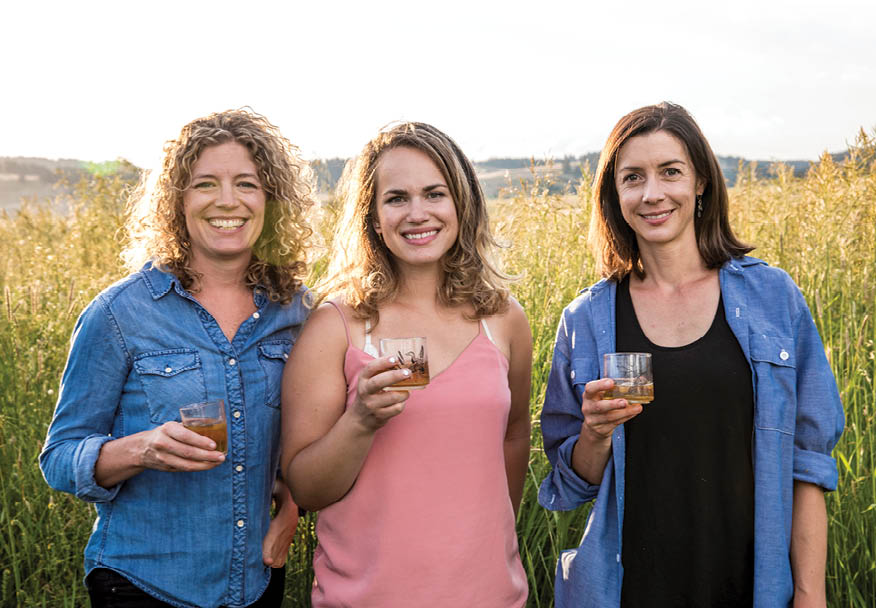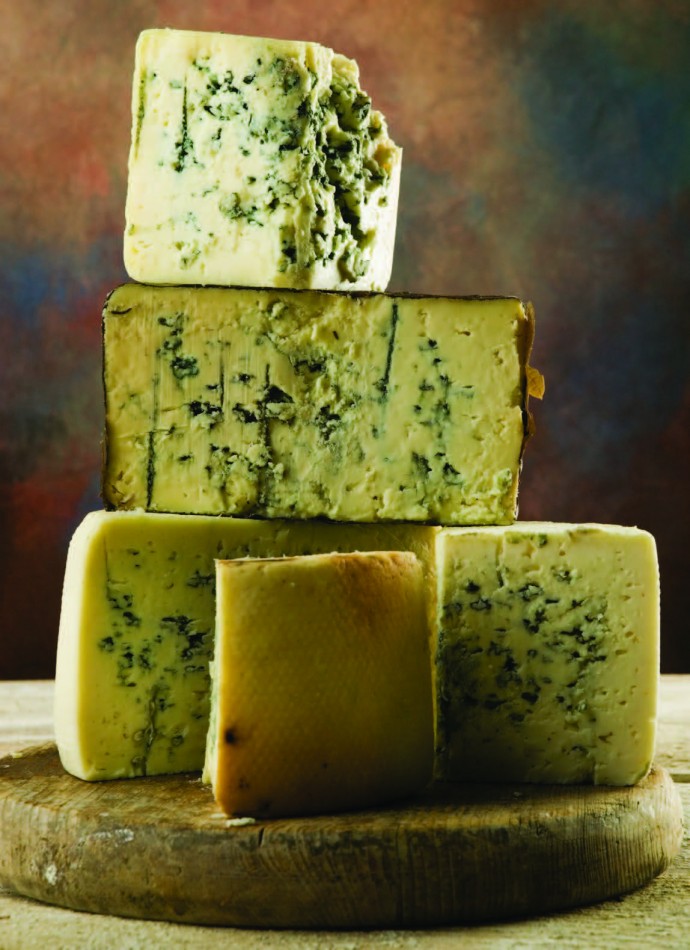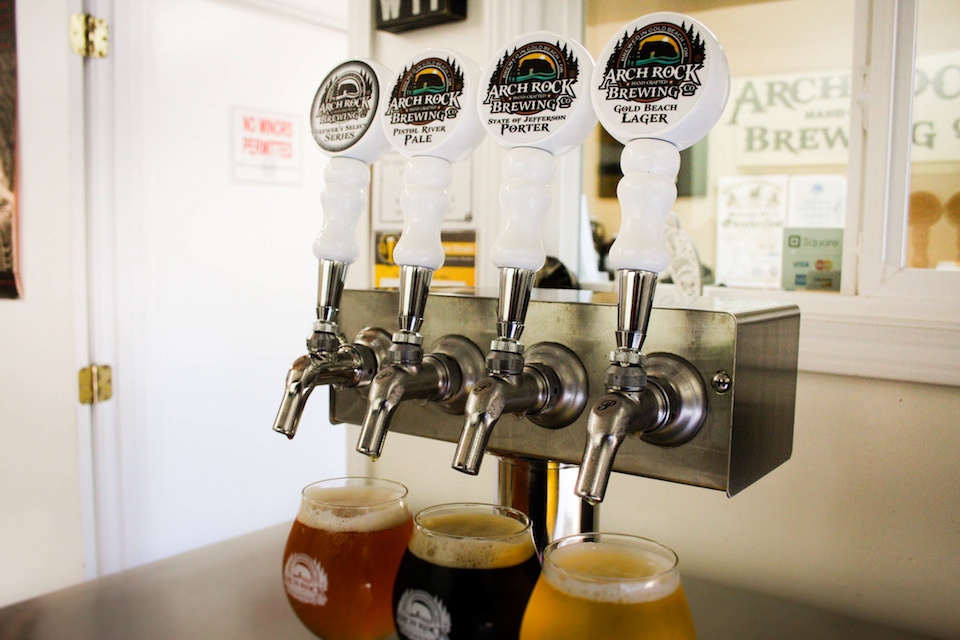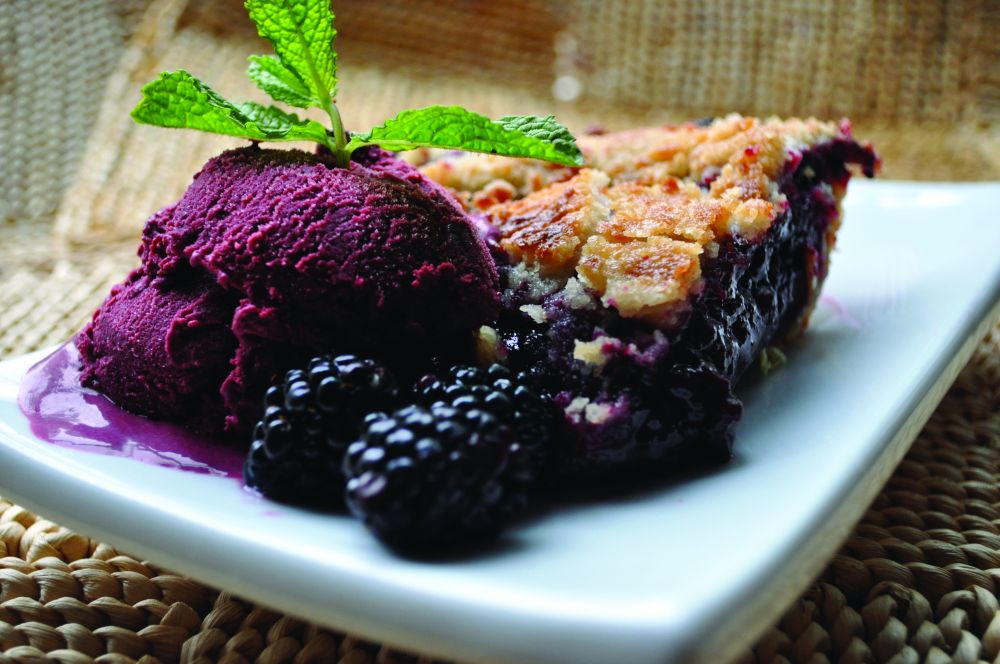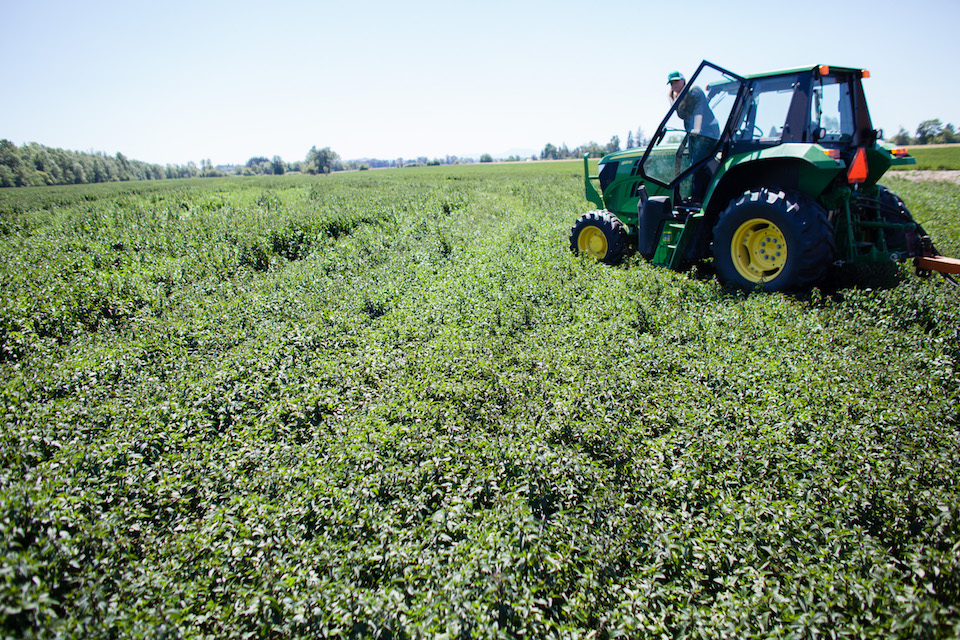Freeland Spirits sets out to do distilling differently
written by Sheila Miller
Freeland Spirits started with a Texas grandma, a whiskey night and a dream. That dream is now a reality, thanks to the hard work of founder Jill Kuehler, distiller Molly Troupe and farmer Cory Carman, who have combined to create a woman-owned and operated distillery that cheers “equal opportunity drinking.”
Kuehler has a nonprofit background focused in food and agriculture. Up until a couple years ago, she was running Zenger Farm in Southeast Portland, a spot that educates thousands of kids each year about how food is grown. But she’d always had a soft spot for spirits, and was interested in their “terroir”—how grain from different places could influence flavor. When she became friends with Cory Carman, one of the sisters who owns Carman Ranch in Eastern Oregon, it all started to click into place.
“Anytime she comes to town we drink whiskey,” Kuehler said. “On one of those fateful whiskey nights, I told her, ‘I think I want to make this.’ She said, ‘I want to grow the grain for it.’”
With Carman on board, Kuehler had an idea—what if she could make this a woman-run distillery? The biggest challenge would be finding a female distiller. That’s where Molly Troupe, an Oregon native with a master’s degree in distilling from Heriot-Watt University in Scotland and experience at Hood River Distilling and Oregon Spirit Distillers in Bend came in.
“I met this mythical woman through a friend, and I started wooing her to Portland,” Kuehler said. “We opened in the summer of 2017 and immediately started toying around with gin.” Though whiskey was the women’s first love, whiskey—like starting a distillery—takes time.
“Gin is a close second love,” Kuehler said. So they started there.
But it couldn’t be like everyone else’s gin. On a walk through Forest Park, Troupe brought up what would become Freeland Spirits’ not-so-secret weapon—the Rotovap, a vacuum distillation machine that could infuse into the gin fresh ingredients whose flavors don’t come through in a traditional heat distillation process.

This was perfect for Kuehler, who had named Freeland Spirits for her grandmother, who never touched a drop of alcohol but did have a huge garden full of fresh plants in Texas.
The distillery’s first product, its gin, has flavors of fresh mint, rosemary and thyme from the Rotovap process, as well as fourteen other botanicals that are infused in the traditional heat method. “We’re combining those two processes, which creates this unique and very bright and herbal gin,” she said. “It’s not super juniper forward.”
Freeland just released its first whiskey in November—it was barreled in Elk Cove pinot noir barrels to give it a distinct flavor. And the distillery is putting away a rye right now.
Soon, Freeland will produce genever, a Dutch liquor considered the “mother of gin.” Kuehler said the process involves taking whiskey off the still and adding botanicals to it. “It’s a sort of nuttier style of gin,” she said, and the distillery will release it in May. The women conducted recipe development, then traveled to Amsterdam “to get it blessed by the Dutch.”
Freeland Spirits distributes in Oregon and California, with plans to soon expand into Montana, Idaho and Washington. “We really want to focus on the West Coast for now,” Kuehler said. “We don’t want to make a ton of different products, we just want to do exciting things that highlight local agriculture.”
Freeland’s tasting room, in Northwest Portland, is open Wednesday through Sunday, and on Fridays and Saturdays it serves full cocktails—when the spot also serves wood-fired pizzas.
“We really see the tasting room as an educational experience,” Kuehler said. “We want it to be transparent, so we offer tours at 3 p.m. every day we’re open, we have a really educated bar staff, and when people are sitting in our tasting room they can see the big, beautiful copper pot still. We want everybody to really understand the process and take part in it.”
Kuehler didn’t set out to create an all-woman distillery—but she’s happy it worked out that way. She pointed out that women have 50 percent more olfactory sensitivity, and more tastebuds. “Nobody can do what Molly can do because only women possess this level of palate.”
“It wasn’t really a driving factor. I was interested in the agricultural piece and I thought that was most important,” she said. “I really wanted to highlight farmers. But getting to know (Carman) and being a woman in such a male-driven industry, and seeing how male-dominated the field is, if I highlight a female farmer and a female distiller, then all of the industry benefits from diversity.”

